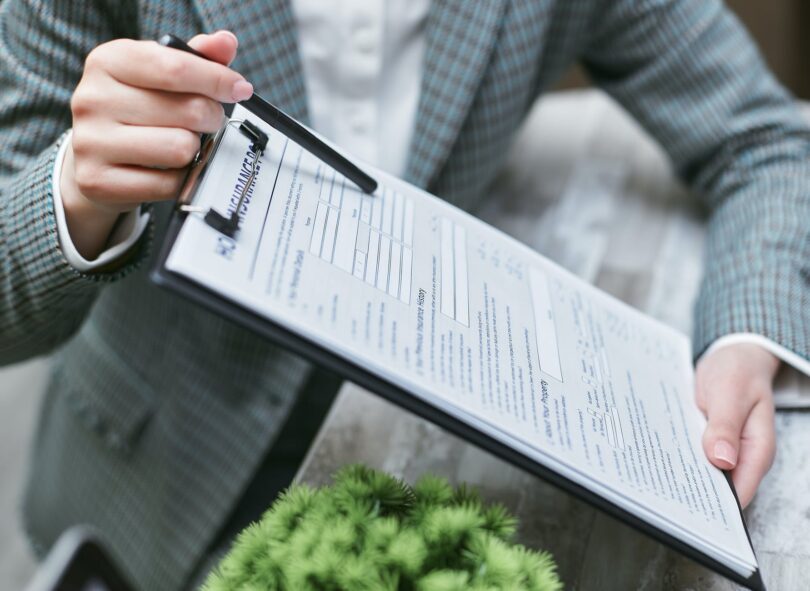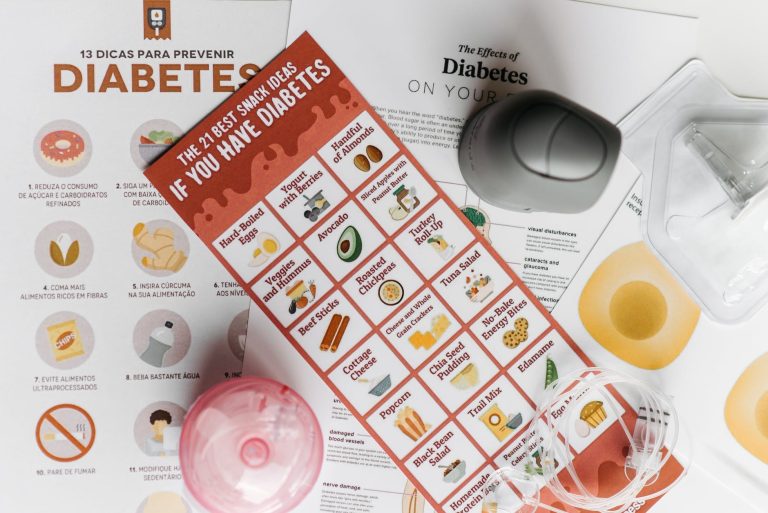Today if you scream “AI” you get a market cap in the billions. Lots of bs out there. Lemonade might be just that, but it picked my interest: I find their story captivating. So here are my two cents:
Main reasons to be bullish about this company:
- INSURANCE IS A DINOSAURS MARKET. The insurance market has not changed for centuries. The same dinosaurs players have been going around for ages, and they have neither the will nor the ability to adjust to a disruptive change in technology and business model. The average age of the biggest insurance companies is 125 years old. The insurance market is huge. In the US it is about 11% of GDP, and it is almost 5 trillion dollars worldwide. To get incredible returns you do not need to bet on Lemonade putting the old insurance business out of commission: it just needs to take a single digit percentage of the US insurance market to be a fortune 100 company. Lemonade grew its customers 7 times in the last two years, maybe there is a chance this might happen.
- HOW LEMONADE IS USING GAME-THEORY TO CHANGE THE INSURANCE MARKET. The insurance market has never been customer-centric and has tons of problems. From the customer’s point of view, there is a problem of “information asymmetry”: I know more information about how to calculate my risk profile than the insurance company, who actually needs to calculate it. This creates “moral hazard”: I have the incentive to lie about my risk profile to get a better deal or, after being insured, I have the incentive to take more risks because I am insured anyway. On the insurance company side, on the other hand, there is a clear incentive NOT to give you money, since the more claims they deny the more robust their balance sheet is. This naturally creates a spiral of mistrust and friction between company and customers, and makes the market terribly inefficient.Lemonade wishes to change the incentives in the game. To simplify a little, the company takes a fixed percentage from you, and uses the rest to “re-insure” your risk. At the end, if some money is left on the table after all the claims are paid, that money goes to a charity of your choosing. This is a very ingenious way to reshape incentives: on the customer’s end, you are far less inclined to lie about your risk and to embellish claims, since if you do so and you do get overpaid, you are not taking away that money from a faceless financial entity: you are taking it away from a charity you care about. On the company’s end, Lemonade is far less incentivized to deny your claim, since that additional premium does not go to them but to a charity. By changing incentives in this way, Lemonade creates a virtuous cycle of mutual trust, which in the long term should lower costs, fraud and boost growth and retention rate. At least that’s the plan.
- HOW AI MAY CHANGE THE INSURANCE MARKET. The insurance market is essentially a way to monetize risk using probability theory. That is all there is to it, really: the more you are able to calculate risk, the more you will thrive in the long-term. Lemonade has a fully centralized, unified system built on AI. The system is built from scratch, using patented technology. The AI is fully integrated in every aspect of the company: you buy the insurance and you make claims mainly by chatting with a bot. This has three important consequences:
- 3.1) It cuts down the costs of insuring you quite substantially. Most insurance companies rely on people on site to sell you the insurance: you usually have to go to some office, chat with some guy who is paid by the insurance company, the guy gives you a long and boring questionnaire, makes some pre-packed offers. This is incredibly expensive to the insurance company, which either has to set up an office of its own in your town to reach you, or rely on pricey third-party brokers. Lemonade cuts this cost to basically 0. It does not matter where you are on this planet, as long as Lemonade has the paperwork to be an insurance company in your country, you can sign up online, from your bed. Because they cut down brokers, insurance can cost up to 50% less, which is a huge advantage
- 3.2) It cuts down the time to make a claim. A third of the claims you make on Lemonade are settled by the AI in seconds. This is of course great for customers, and should boost retention rates and ratings, which in turn attracts more customers: it is a catalysts for growth, while at the same time it cuts down bureaucratic costs for the company.
- 3.3) This is the most important: Insurance company is all about data. Ask yourself: in the last ten years who became the best by far at analyzing and gathering data? Insurance companies? I think it is tech companies, like Google, Facebook etc. They did it through AI and machine learning. AI is far better than humans in assessing risks. Lemonade AI is constantly gathering data from you: it registers everything: from which kind of questions you make when you buy the insurance, how long it takes you to reply, how many seconds it took you to read the terms and conditions… Compare this with how do the traditional insurance companies gather data from you when you sign up: normally you fill a questionnaire with 20 to 50 questions, and that is the bulk of the data the company gathers from you to assess the risk you represents. When you buy an insurance on Lemonade, on the other hand, the Bot gathers around 1600 “data points” in the first interaction only, and keeps adding more the more you interact with it. Every single data point is kept, aggregated and regression tested to find new statistical patterns. The more years the AI spends gathering data, the more exponentially better it will get at assessing risk via machine learning.All of this is simply unavailable to traditional insurance companies, nor it is likely that they will catch up soon (or ever): the Lemonade system relies on proprietary technology, and it is not easy to set up and patent a smart AI, especially if you are a centenary insurance company who is not really into technology.
ALL OF THIS IS GREAT, BUT WHERE IS THE CATCH?
- Lemonade is very young, so there are huge risks attached to it. So far it has grew its revenue at amazing pace, but it has also lost more and more money year over year! There is currently no path to profitability in place, and the company will likely remain unprofitable in the medium term (in the following 5 years for sure, and probably more). Are you willing to wait 10 to 20 years or so? Because this is a very long term investment.
- Customer’s retention rate is only 4-5 years, and they are all young people, often under 30. Young people are not great customers for insurance companies, because they do not have much to insure! Their hope is to build customer loyalty, but to do that they need to increase retention rate substantially: 4-5 years won’t do. Reputation is a problem: people after a while just go back to the usual old players to ensure important stuff like their house.
- Lemonade needs to spend a ton of money for marketing and to grow, so it is in desperate need for liquidity. Something like the Texas freeze last year can impact the availability of liquidity quite dramatically, and it is not clear how good the insurance market will be in the next 10 years. They heavily re-insure their reinsurance, so another level of risk is with what kind of risks these contracts have, and in general how well is the re-insurer doing.
- CEO best hobby is to dump shares, along with other people of the board. Look at this: it’s like they are betting on who can dump the fastest.
Key takeaways:
- The insurance market is old and open to being disrupted.
- Lemonade may be disruptive for the insurance market, because of its business model built on changing incentives and cutting down costs, providing better margins.
- Lemonade may be disruptive for its top-down use of AI to gather data and assessing risks.
- There is a lot of risk ahead, since there is no path to profitability yet, and the company is very much new, making this a very long-term investment. It is therefore terribly difficult to value, if not with wild hypotheticals. The current valuation puts them at 2.45 p/b, they have negative cash flow so ROE is -25%. All useless metrics at this point in time. At any rate, it dropped 75% from its high in January.
I currently do not hold any position in the stock, but I am watching. Sorry for typos.
This article was written by u/senecadocet1123.




